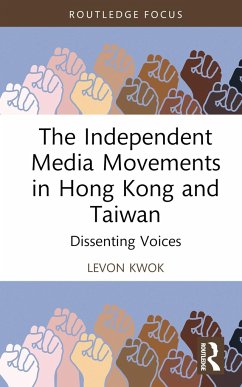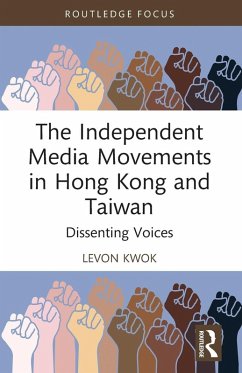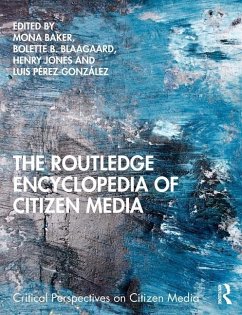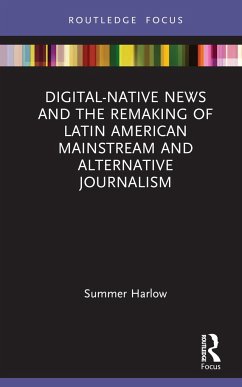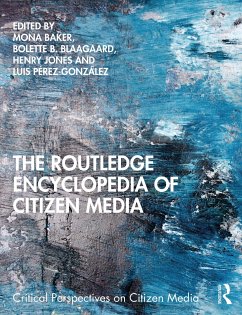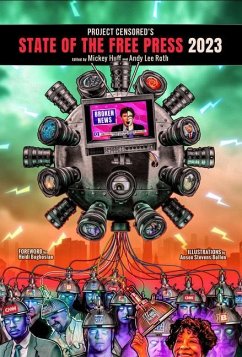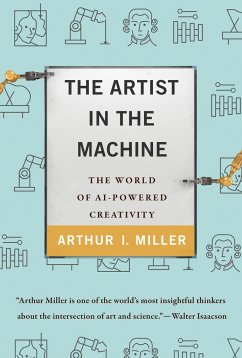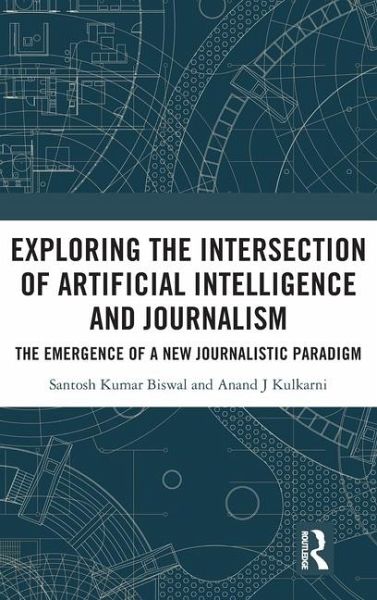
Exploring the Intersection of Artificial Intelligence and Journalism
The Emergence of a New Journalistic Paradigm

PAYBACK Punkte
77 °P sammeln!
This book studies the role of Artificial Intelligence (AI) in journalism. It traces the origin, growth and development of the media and communication industry in the globalized world and discusses the implications of technologies such as Augmented Reality, Virtual Reality and Extended Reality which have helped foster a communication revolution across the globe. The volume discusses technology-centric media theories in the context of AI and examines if AI has been a boon or bane for data journalism. It also looks at artificial intelligence in beat reporting, and citizen journalism, and analyses...
This book studies the role of Artificial Intelligence (AI) in journalism. It traces the origin, growth and development of the media and communication industry in the globalized world and discusses the implications of technologies such as Augmented Reality, Virtual Reality and Extended Reality which have helped foster a communication revolution across the globe. The volume discusses technology-centric media theories in the context of AI and examines if AI has been a boon or bane for data journalism. It also looks at artificial intelligence in beat reporting, and citizen journalism, and analyses the social-cultural implications of artificial intelligence driven journalism and the ethical concerns arising from it.
An important contribution, this book will be indispensable for students and researchers of media studies, communication studies, journalism, social media, technology studies, and digital humanities. It will also be useful for media professionals.
An important contribution, this book will be indispensable for students and researchers of media studies, communication studies, journalism, social media, technology studies, and digital humanities. It will also be useful for media professionals.





